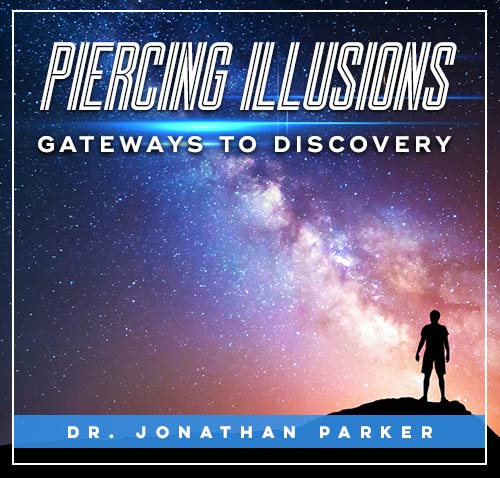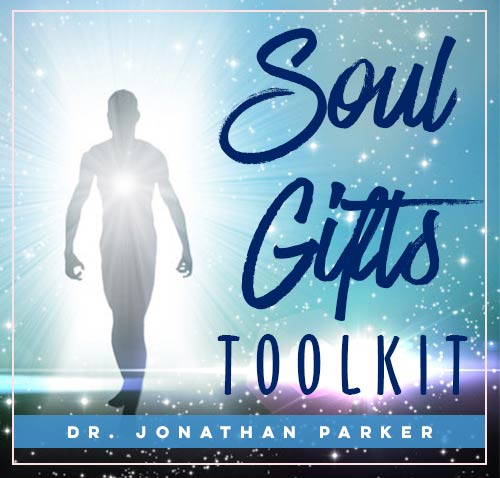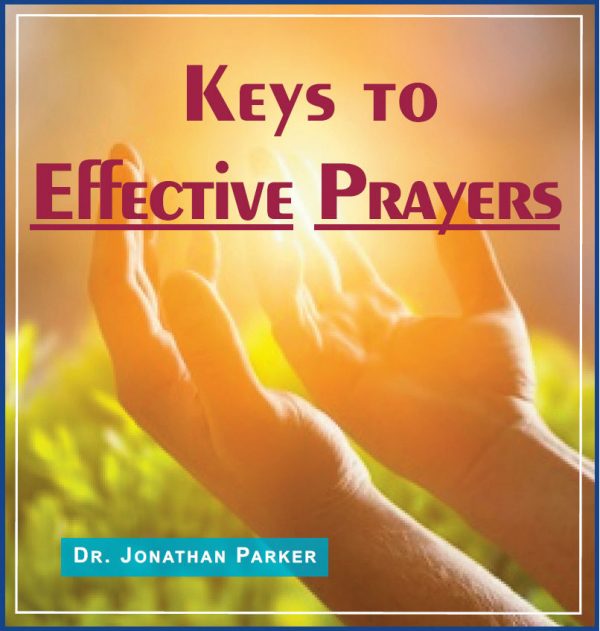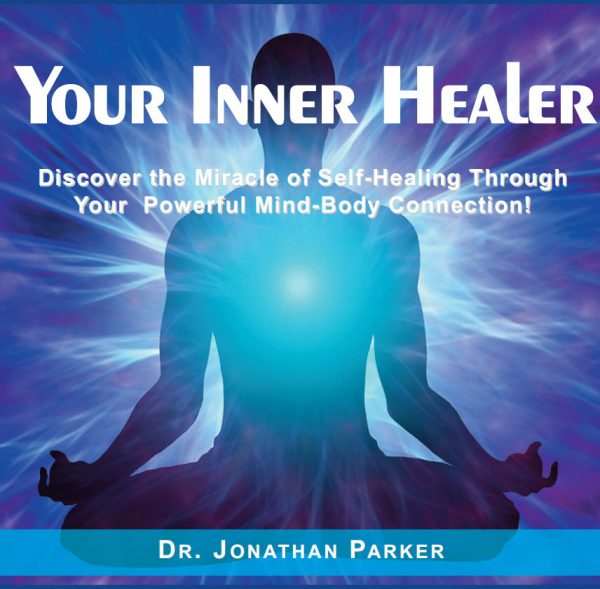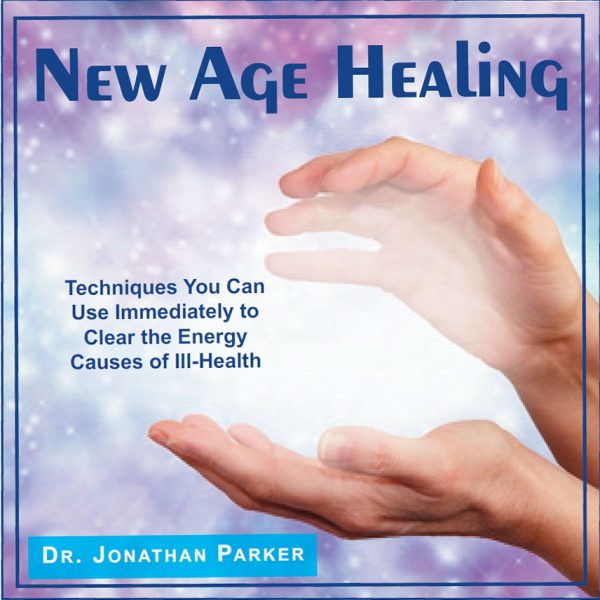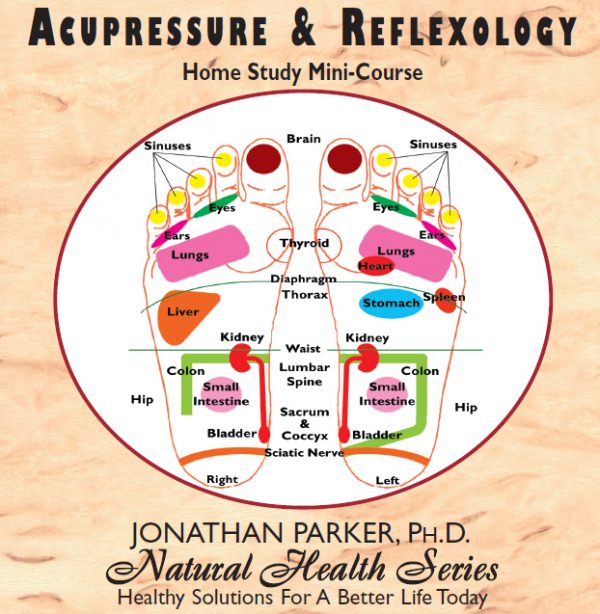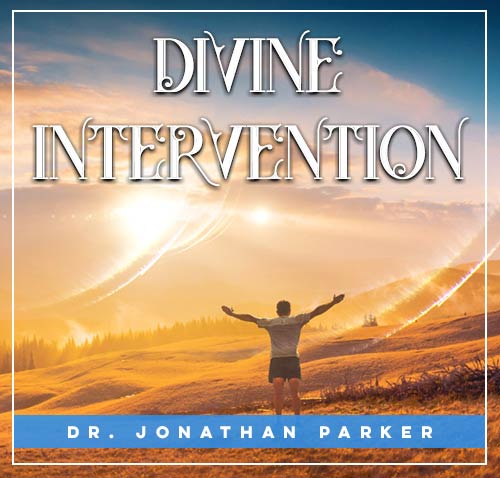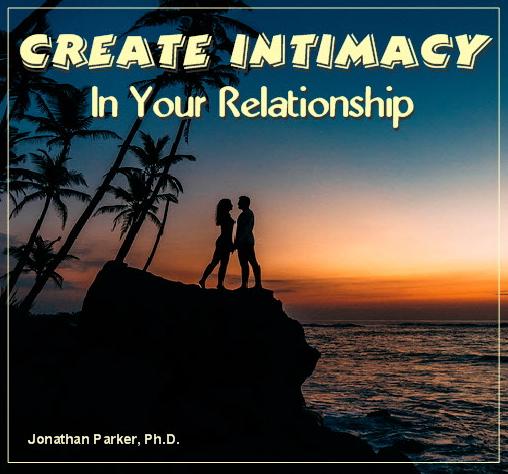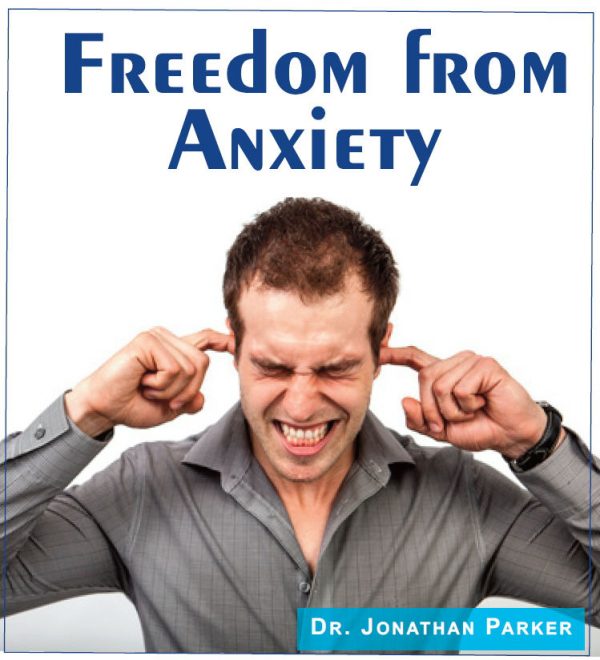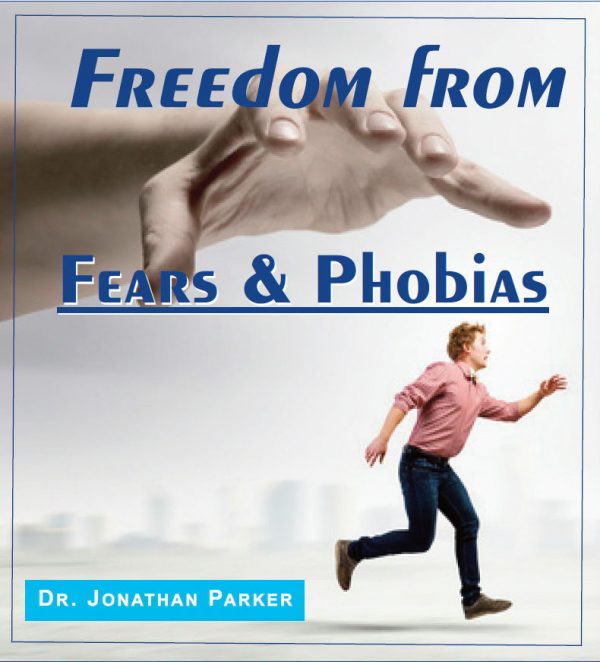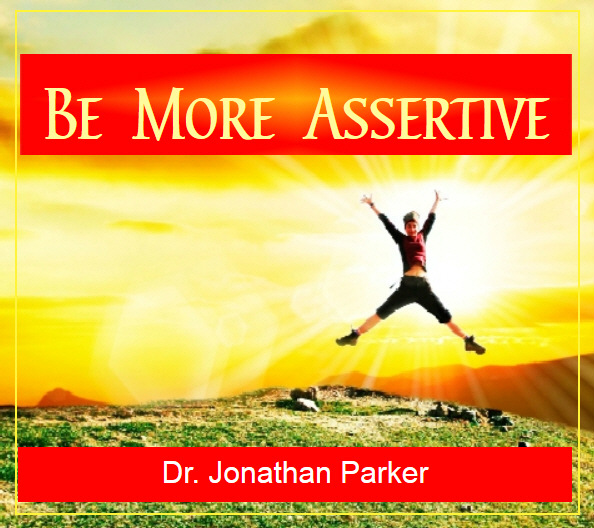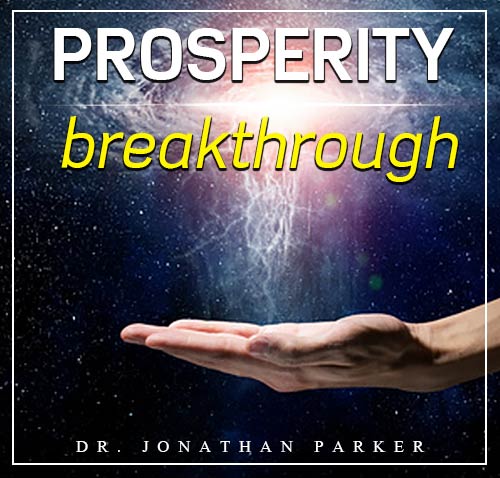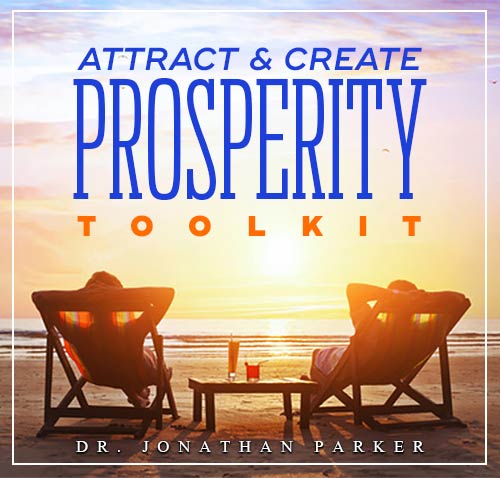The Importance of Intuition in Your Life

Before diving in, please note: This post is for informational purposes only. If you’d like to know more about how we approach topics, feel free to check out our friendly Disclaimer Page.
Hey there, amazing readers! 
We’re committed to delivering quality posts, and your support (even just sticking around despite the ads) means everything to us. So, bear with us, and thanks for helping us keep the good vibes rolling. Now, on to the fun stuff!
TRANSLATE BUTTON AT THE END OF THE ARTICLE
A Quick Overview
Intuition is often described as that gut feeling we experience when making decisions or assessing situations.
Many of us have felt it—a sudden knowing about something we couldn’t quite explain.
But why does intuition matter?
This article dives deep into the significance of intuition in our lives.
From influencing our daily choices to impacting our professional paths, intuition is a powerful ally that can guide us in multifaceted ways.
Understanding Intuition: A Guide to Inner Wisdom
Intuition can be seen as our inner compass.
It’s like a sixth sense that draws from our past experiences, emotions, and subconscious knowledge.
Think of it as your brain’s way of processing information without you even realizing it.
When you have a gut feeling about a person or situation, your mind is tapping into a reservoir of accumulated experiences.
For example, have you ever walked into a room and just felt that something was off?
That’s intuition at play.
It’s not some mystical force; it’s your brain quickly analyzing cues based on your past encounters.
Intuition often manifests as an emotional response.
It can feel like excitement, dread, or even a calming presence.
Learning to recognize these feelings can help you trust your instincts more.
One fascinating aspect of intuition is its ability to synthesize information in ways that logic sometimes cannot.
Ever been stuck on a problem, only to have the solution pop into your head while doing something unrelated?
That’s your intuition working overtime, connecting dots in the background.
It’s also important to understand that intuition can be influenced by our beliefs and biases.
Sometimes, our gut feelings stem from preconceived notions, which can lead us astray.
So, while intuition is valuable, it’s also crucial to approach it with a discerning mind.
In essence, intuition is a blend of instinct and insight.
It’s a natural ability we all possess, but like any skill, it can be honed and refined over time.
By recognizing and valuing our intuitive responses, we can make better choices in our daily lives.
How Intuition Shapes Our Everyday Decisions
Intuition plays a significant role in shaping our daily decisions, big and small.
Think about the last time you had to choose a restaurant.
Maybe you weren’t sure why you picked one place over another.
It could very well be that subtle gut feeling guiding you.
In more critical situations, like choosing a job or deciding on a relationship, intuition can act as a powerful guide.
Many people report feeling an instinctual pull toward certain career paths, even if they can’t quite articulate why.
Consider a time when you had to trust your gut.
Explore the Path to Spirituality and Enlightenment – Start Here.
Maybe you met someone new and instantly felt a connection, or perhaps you sensed something was off about a business deal.
Those moments where we lean on our intuition often lead us to the right outcome.
Intuition also helps us navigate social interactions.
We often pick up on unspoken cues in conversations, which can help us gauge how someone feels.
This can enhance empathy and understanding in our relationships.
However, it’s crucial to recognize that while intuition can guide us, it should not replace careful consideration and analysis.
Combining intuitive insights with rational thinking often leads to the best decisions.
Sometimes, intuition may lead us to take risks.
For instance, I remember a time when I felt compelled to pursue a new job opportunity, even though it seemed risky.
My intuition told me it was the right move, and it turned out to be one of the best decisions I ever made.
In short, intuition isn’t just a whimsical notion; it’s an essential part of our decision-making process.
By listening to our inner voice, we can navigate life’s choices with greater confidence.
The Science Behind Intuition: What Research Reveals
Research into intuition reveals it’s deeply rooted in our brain’s structure.
Neuroscience shows that our brains can process vast amounts of information rapidly, often in ways we don’t consciously perceive.
This information processing is a key component of intuitive thinking.
Studies demonstrate that intuitive decisions can sometimes result in better outcomes than those made through extensive analysis.
In certain scenarios, our subconscious can identify patterns and make connections more efficiently than our conscious mind can.
One notable study involved expert chess players who could predict their next move based on intuition alone.
They had spent years honing their skills, which allowed them to make quick, accurate decisions without detailed analysis each time.
This phenomenon illustrates how experience feeds our intuitive abilities.
Moreover, research indicates that emotions play a critical role in intuition.
When we have a strong emotional reaction, it often influences our gut feelings.
For instance, anxiety might cloud our judgment, while excitement could lead us to take more risks.
Another interesting aspect is the idea of “thin-slicing,” a term popularized by psychologist Malcolm Gladwell.
Thin-slicing refers to our ability to make quick judgments based on limited information, which often relies on intuition.
In social situations, this ability can be particularly handy.
Yet, it’s essential to understand that not all intuitive judgments are accurate.
Factors such as stress and fatigue can distort our perceptions, leading to misguided decisions.
This is why balancing intuition with logic is crucial.
In summary, intuition isn’t just a mystical experience; it’s backed by scientific principles.
Understanding the mechanics of intuition can empower us to harness its power more effectively.
Recognizing Your Intuitive Signals: A Practical Approach
Recognizing your intuitive signals starts with tuning into your feelings.
We often overlook our gut feelings because we’re preoccupied with daily tasks.
Taking time to pause and reflect can help you identify those subtle cues.
Start by keeping a journal of your intuitive experiences.
Note instances when you felt a strong gut feeling and what the outcome was.
Over time, you’ll start to see patterns and recognize what intuition feels like for you.
Pay attention to your body’s reactions.
Do you feel tension in your stomach when something is off?
Or perhaps you experience a warm sensation when you’re making a positive choice?
These physical signals can be invaluable indicators of your intuitive state.
It’s also helpful to practice mindfulness.
Meditation or deep-breathing exercises can help clear mental clutter and make it easier to listen to your inner voice.
The quieter your mind, the more likely you are to hear that intuitive whisper.
Try placing yourself in various situations that require a decision.
When faced with options, pay attention to your immediate reactions.
What feels right?
What doesn’t?
This practice can train you to recognize intuitive responses in real-time.
In social settings, observe how you feel around different people.
Intuition can provide insights about trust and comfort.
Trust those feelings—they’re often based on subtle cues you might not consciously register.
Remember, the more you practice recognizing your intuitive signals, the stronger they will become.
It’s like building muscle; the more you flex it, the easier it gets.
Cultivating Intuition: Techniques for Everyday Life
Cultivating intuition takes practice, but there are many techniques you can apply daily.
One simple approach is to set aside a few moments each day for quiet reflection.
This could be through meditation, journaling, or simply sitting in silence.
Another technique is visualization.
Picture yourself in a decision-making scenario and see how different choices feel.
Use your imagination to explore various paths, paying close attention to your emotional responses.
This can help you tap into your intuition more effectively.
Engaging in creative activities can also enhance intuitive abilities.
When we create—whether through painting, writing, or music—we allow our subconscious to express itself.
This expression can unlock feelings and insights that guide our intuition.
Nature is a powerful ally for cultivating intuition.
Spending time outdoors can ground us and clear mental fog.
Whether it’s a walk in the park or a hike in the woods, these experiences can allow intuitive thoughts to surface more freely.
Networking with intuitive individuals can be beneficial too.
Surrounding yourself with people who value intuition can inspire you to trust your own instincts more.
Discussions about intuitive experiences can validate your feelings and encourage exploration.
Additionally, consider seeking feedback on your decisions.
Sometimes, sharing your thoughts with trusted friends can reveal insights you might have missed.
They can help you see patterns in your intuition that you may overlook.
Lastly, remember to be patient with yourself.
Intuition develops over time, so give yourself grace as you embark on this journey.
Celebrate small victories and recognize your progress.
Overcoming Doubts: Trusting Your Gut Feelings
One of the biggest challenges with intuition is overcoming self-doubt.
It’s easy to second-guess our gut feelings, especially when they lead us in unexpected directions.
To build trust in your intuition, start by reflecting on past experiences where your gut feelings proved correct.
By recalling those moments, you can reinforce the idea that your instincts are valid and worth listening to.
Creating a supportive environment can also help.
Surround yourself with people who encourage your intuitive insights.
When I found friends who celebrated my gut feelings, it made a significant difference in how I viewed my intuition.
Eliminating negative self-talk is crucial as well.
When you hear that inner critic questioning your decisions, challenge those thoughts.
Ask yourself if there’s real evidence behind those doubts or if it’s just fear talking.
Establishing rituals can also help strengthen your intuitive trust.
For example, before making a decision, take a few deep breaths, close your eyes, and tune in to how you feel.
Create a habit of checking in with your emotions.
It’s also beneficial to acknowledge that intuition is not infallible.
Understanding that sometimes you may be wrong can relieve some pressure.
It’s all part of the learning process.
When facing a significant decision, consider using a “pros and cons” list while also noting how each choice makes you feel.
This dual approach can help you see where your intuition aligns with logical reasoning.
Finally, remember that trusting your gut is a skill.
The more you practice, the more confident you’ll become.
Intuition is about connection and understanding, and with time, you’ll find that connection grows stronger.
Intuition vs. Logic: Finding a Balanced Perspective
The age-old debate of intuition versus logic often leaves us questioning which path to take.
While both have their merits, finding a balance is key.
Logic is essential for analytical tasks, problem-solving, and structured decision-making.
It helps us navigate complex scenarios and weigh outcomes.
However, it can be rigid, sometimes stifling creativity and spontaneity.
Intuition, on the other hand, offers a sense of freedom.
It can lead us to creative solutions and opportunities we might not see through a purely logical lens.
Yet, relying solely on intuition can leave us vulnerable to biases and misjudgments.
To strike a balance, consider incorporating both into your decision-making process.
Ask yourself: What does my gut tell me?
And then follow up with: What does the data say?
This combination can provide a comprehensive view, leading to more informed choices.
When faced with a decision, take a moment to consult both your intuition and logic.
For example, if you’re contemplating a new job offer, listen to your gut feeling about the workplace culture while also evaluating the salary, benefits, and growth opportunities.
One effective approach is to allow yourself to feel before thinking.
Take a moment to acknowledge your initial feelings about a choice—then apply logic afterward.
This can help you maintain emotional awareness while still being rational.
Remember, intuition often thrives in situations where there’s limited information.
In contrast, logic shines when you have data at hand.
Knowing when to rely on each can greatly enhance your decision-making skills.
Moreover, it can be helpful to look at past experiences and evaluate which approach yielded the best results.
Reflecting on your decisions can inform how you blend intuition and logic in the future.
In conclusion, both intuition and logic are valuable tools.
By recognizing their strengths and weaknesses, we can make decisions that are not only smart but also feel right.
The Role of Intuition in Personal Relationships
Intuition plays a pivotal role in our personal relationships.
It helps us navigate the complexities of human interaction, enhancing our connections with others.
Think about the first time you met a new friend or partner.
Often, our immediate feelings can indicate whether there’s a connection.
Those initial gut feelings can help us determine compatibility, even before we fully know someone.
Intuition can also guide us in recognizing red flags.
Have you ever felt uneasy about someone you just met?
That’s your intuition alerting you to potential issues.
Trusting these feelings can protect us from harmful situations.
Moreover, intuition enhances empathy in relationships.
We often pick up on unspoken emotions or body language, allowing us to respond appropriately.
This ability can foster deeper connections and understanding.
In romantic relationships, intuition plays a crucial role in assessing compatibility.
It’s not just about shared interests; it’s about how we feel around someone.
Often, our intuition helps us see beyond surface-level interactions.
Effective communication often balances intuition and verbal expression.
Sometimes, it’s essential to voice your intuitive feelings with your partner.
This openness can strengthen trust and intimacy.
It’s also helpful to validate each other’s intuitive feelings.
If your friend expresses discomfort in a social situation, listen to them.
Acknowledging their feelings fosters a supportive environment for growth.
However, it’s important to remember that intuition is not infallible.
Sometimes, our feelings can be clouded by past experiences or biases.
Regularly reflecting on our intuitive responses helps us discern what’s genuine and what might need further exploration.
Ultimately, by embracing intuition in our relationships, we open ourselves up to deeper connections and more meaningful experiences.
Harnessing Intuition for Career Success and Growth
In our careers, intuition can be a game-changer.
It can guide our choices, inform our interactions, and even help us navigate corporate politics.
When considering job offers or promotions, intuition often plays a pivotal role.
I remember weighing several job offers, and my gut instinct led me to choose the one that felt right, even though it wasn’t the highest paying.
That decision ended up bringing me immense satisfaction and growth.
Intuition can also help us gauge workplace dynamics.
Have you ever sensed tension in a team meeting?
That intuitive feeling can help you navigate relationships strategically and avoid potential conflicts.
Moreover, trusting your intuition in networking situations can yield great results.
When you meet someone new, pay attention to your gut feelings.
Sometimes, they can lead to valuable professional connections.
In times of uncertainty, like during major organizational changes, intuition can help you make informed choices about your career path.
Listening to your inner voice can provide clarity amidst chaos.
Additionally, seeking feedback from trusted colleagues can enhance your intuitive decision-making.
They can offer perspectives you may not have considered, helping you validate your feelings.
Building a professional brand based on authentic intuition can set you apart.
Relying on your instinct can help you carve out a niche that feels genuinely representative of who you are.
Remember, career growth often involves taking risks.
Sometimes, your intuition might encourage you to step outside your comfort zone.
While it can be intimidating, following that instinct can lead to unexpected opportunities.
In summary, harnessing intuition in your career is about aligning your instincts with your aspirations.
It’s about trusting that inner voice to guide you on a path of fulfillment and success.
Intuitive Eating: Listening to Your Body’s Needs
Intuitive eating is all about reconnecting with our bodies and understanding our needs.
In a world filled with diet culture, learning to listen to our intuition around food can be liberating.
When we practice intuitive eating, we tune into our hunger and fullness cues.
Instead of following rigid meal plans, we learn to eat when we’re hungry and stop when we’re satisfied.
This approach fosters a healthier relationship with food.
Have you ever eaten a meal while distracted, only to realize you weren’t really enjoying it?
Intuitive eating encourages us to be present during meals, savoring each bite and truly listening to our bodies.
By paying attention to cravings, we can learn what our bodies genuinely want.
Sometimes, those cravings can signal nutritional deficiencies or emotional needs.
Listening to them can lead to a more balanced diet.
Moreover, embracing intuitive eating can help eliminate guilt associated with food choices.
Instead of labeling foods as "good" or "bad," we learn to appreciate nourishment in all forms.
It’s about balance, not restriction.
Practicing mindfulness during meals can enhance your intuitive eating experience.
Take a moment to appreciate the flavors and textures of your food.
This awareness can deepen your connection to your body’s needs.
It’s also important to be patient with yourself.
Learning to eat intuitively is a journey, and it may take time to break free from old habits.
Celebrate the small victories along the way.
Lastly, intuitive eating is not a one-size-fits-all approach.
Each person’s relationship with food is unique, and it’s essential to respect that individuality.
Trust your instincts to guide you on your own path.
In essence, intuitive eating is about reconnecting with our bodies and trusting ourselves.
It can lead to a happier and healthier relationship with food and nourishment.
Mindfulness Practices to Enhance Intuitive Awareness
Mindfulness practices can significantly enhance our intuitive awareness.
By grounding ourselves in the present moment, we create space for intuitive insights to emerge.
One effective mindfulness technique is deep breathing.
Taking a few moments to focus on your breath can help clear mental clutter and allow intuitive thoughts to surface.
It’s like rebooting your system for clarity.
Meditation is another powerful tool.
Even just a few minutes of meditation daily can help you develop greater awareness of your thoughts and feelings.
This clarity can enhance your ability to recognize intuitive signals.
Journaling can also be a form of mindfulness.
Writing down your thoughts and feelings allows you to process experiences and identify patterns in your intuition.
It’s a great way to reflect on your inner voice.
Engaging in mindful activities, like yoga or tai chi, can help you connect with your body.
These practices encourage self-awareness and can lead to heightened intuitive insights.
Nature walks are another excellent way to practice mindfulness.
Spending time in nature allows us to slow down, breathe, and tune into our surroundings.
The beauty of nature often sparks intuitive thoughts.
Additionally, consider incorporating mindfulness into your daily routine.
Whether during meals or while commuting, take a moment to pause and connect with your feelings.
This can help you stay in tune with your intuition throughout the day.
Lastly, join mindfulness groups or workshops to share experiences with others.
Connecting with a community can enrich your practice and provide new perspectives on intuition.
In conclusion, mindfulness practices create a fertile ground for intuitive awareness.
By cultivating presence, we can enhance our ability to listen to our inner voice.
Celebrating Your Intuitive Journey: Embrace the Unknown
Embracing our intuitive journey is about celebrating the process, including the uncertainties.
Life is full of unknowns, and trusting our intuition can help us navigate these twists and turns.
Think of your intuition as a compass guiding you through uncharted territory.
Sometimes, it may lead you down unexpected paths, and that’s perfectly okay.
Each experience adds to our understanding and growth.
Celebrating the small victories along your intuitive journey is essential.
Whether it’s making a decision that turned out well or recognizing a gut feeling, acknowledging these moments fosters confidence.
It’s equally important to embrace the lessons learned from missteps.
Every mistake is an opportunity for growth.
Reflect on what didn’t go as planned and consider how your intuition played a role in the outcome.
Connecting with others on their intuitive journeys can also be inspiring.
Sharing stories and experiences can validate your feelings and foster a sense of community.
Sometimes, it’s fun to take a leap of faith based on intuition.
Whether it’s trying a new hobby or exploring a different career path, embracing the unknown can lead to beautiful experiences.
Lastly, remember to be kind to yourself.
Your intuitive journey is unique, and there’s no right or wrong way to navigate it.
Trust your instincts, stay open to possibilities, and enjoy the ride.
In conclusion, celebrating your intuitive journey means embracing both the highs and lows.
It’s about trusting your inner voice and recognizing the wisdom it offers as you navigate life’s adventure.
Conclusion
Intuition is a vital aspect of the human experience.
It guides our decisions, shapes our relationships, and influences our careers.
By understanding and cultivating our intuitive abilities, we can make more informed choices and live more fulfilling lives.
As we’ve explored, intuition is not a replacement for logic but rather a complementary force.
Balancing both can lead to richer experiences and deeper connections.
So, the next time you feel that gut instinct, pause and listen.
Your inner voice could be the key to unlocking the best version of yourself.
Embrace your intuition, and let it guide you on your journey!

The Enlightenment Journey is a remarkable collection of writings authored by a distinguished group of experts in the fields of spirituality, new age, and esoteric knowledge.
This anthology features a diverse assembly of well-experienced authors who bring their profound insights and credible perspectives to the forefront.
Each contributor possesses a wealth of knowledge and wisdom, making them authorities in their respective domains.
Together, they offer readers a transformative journey into the realms of spiritual growth, self-discovery, and esoteric enlightenment.
The Enlightenment Journey is a testament to the collective expertise of these luminaries, providing readers with a rich tapestry of ideas and information to illuminate their spiritual path.
Our Diverse Expertise
While our primary focus is on spirituality and esotericism, we are equally passionate about exploring a wide range of other topics and niches 

To ensure we provide the most accurate and valuable insights, we collaborate with trusted experts in their respective domains 
Our blog originally focused on spirituality and metaphysics, but we’ve since expanded to cover a wide range of niches. Don’t worry—we continue to publish a lot of articles on spirituality! Frequently visit our blog to explore our diverse content and stay tuned for more insightful reads.







